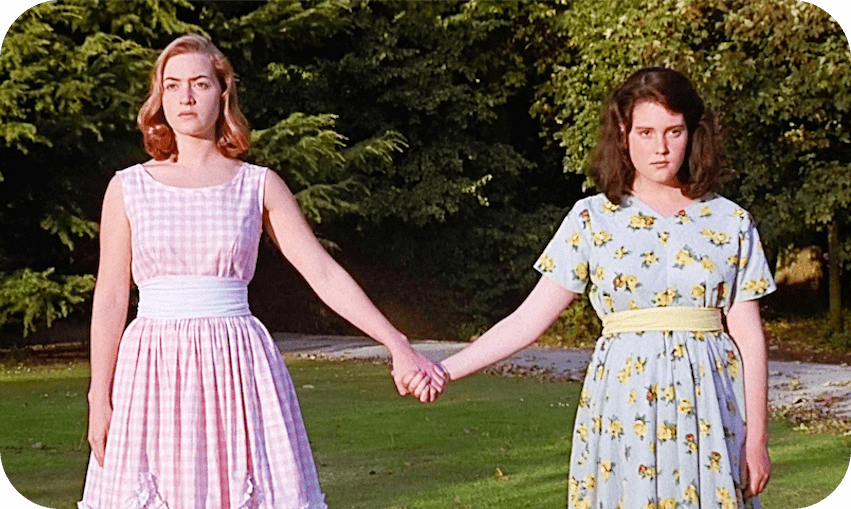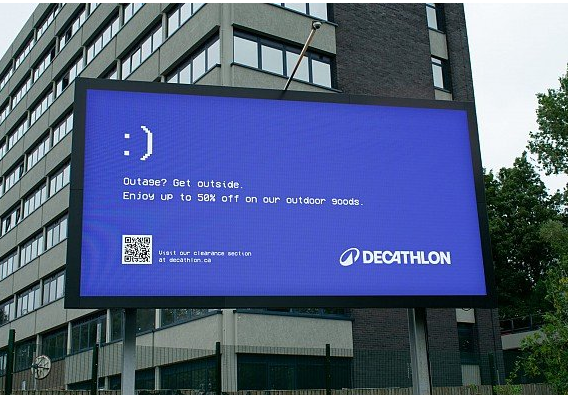Mental Health Awareness Week 2022 marks a successful
18-month partnership delivering mental health first aid
courses to the construction industry by Hato Hone St John
and Site Safe NZ.
Hato Hone St John Head of First Aid
Training Simon Barnett says at the beginning of 2021 Hato
Hone St John and Site Safe redesigned their standard
mental health first aid course to produce an additional
offering that focuses specifically on mental health
challenges in the construction industry.
“The
Mental Health First Aid in Construction course covers
general mental health causes and effects, but more
specifically, it teaches how to recognise signs of someone
experiencing poor mental health, which may be symptomatic of
depression, anxiety, addiction or even self-harm,” Mr
Barnett says.
He says the partnership with Site Safe
represents an important and ongoing opportunity for
organisations to spread the message of mental health
awareness into a male dominated industry not typically known
for sharing feelings.
“Hato Hone St John has been
delivering the Mental Health First Aid course since August
2018, however the ability to specifically target and reach
the construction workforce, who are proven to be at high
risk of developing mental health issues, is
invaluable.
“This course is part of St John’s
continued commitment to improving the health outcomes of all
New Zealanders,” Mr Barnett says.
Site Safe Chief
Executive, Brett Murray, is also pleased to be able to
highlight and act on issues relating to mental health in the
construction industry, saying many are still unaware of the
toll mental health can take if early warning signs are left
unchecked.
“After the 2019 release of the report
into suicide in construction, there was a real
‘what next?’ question in us figuring out how to
help our industry deal with the mental health issues that
the report had clearly highlighted” he
says.
“Eighteen months on, we can see that
partnering with St John to develop this course really
complements the work Site Safe has been doing itself and
with organisations, such as Mates
in Construction, who provide a great deal of support
already to its members.”
Course attendees say that
being able to apply what St John trainers deliver in the
classroom to the real-world has provided benefits
everywhere.
For instance, Construction Site Manager
Joe Hodgson says doing the Mental Health First Aid in
Construction course even changed his perception of issues
he’d had to deal with in his personal life and,
consequently, had been back to his manager to request they
get everyone on this course.
“It’s very useful. It
doesn’t take too much time out of your day and it’s very
interesting. It really opened my eyes up and I could totally
relate, and now I fully understand what people go
through.”
Mr Hodgson says more people within the
construction industry need to improve their knowledge of
mental health, especially those like himself who have been
in the industry for several decades.
“The construction
industry is just normally ‘harden up’ that sort of thing,
and I’ve grown up that way… So it’s just trying to get
the old boys and likes of myself out of that mindset and to
be a bit more understanding.”
Site Office Manager
Celia Knox says she signed up “to get more tools” to
help those around her, after being a Connector
for Mates in Construction in a previous role.
“I
signed up to help some of the team onsite as well as for
myself. But it was mainly to help the team and teach them
that it’s not too weak to speak, to recognise the signs, to
listen to your mates when they say ‘yeah, I’m good or I’m
fine’, and to say, ‘wait actually are you?’ and to not be
afraid to ask,” Ms Knox says.
Mr Murray says the
feedback from the courses has been incredibly encouraging
and he would love to see more companies and tradespeople
signing up – from large organisations to those who are
self-employed.
“My major focus for Site Safe as an
industry leader and membership organisation is to work
alongside the industry to develop high value products that
address key issues the industry is facing. Mental health is
certainly one of those issues, and this course is totally
aligned to that goal,” he says.
EDITOR’S
NOTES:
- Site Safe is a non-profit organisation
that was formed in 1999 and provides education and resources
on best practice systems and behaviours known to improve
on-site health and safety, creating a positive change in the
culture of New Zealand’s construction industry and
reducing injury and harm. - Hato Hone St John launched
its first
mental health first aid course over four years ago,
drawing on trusted international and national best practice
and undergoing a three-month pilot. The course provides a
basic understanding of the relationship between mental
health and disorder, potential red flags, strategies for
managing the initial support of friends, family and
colleagues safely, and information on obtaining immediate
assistance if necessary. - Following successful 2021
trials in Auckland and Wellington the Mental
Health First Aid in Construction course was launched to
the rest of the country, with most taking place in Auckland,
Wellington, and Christchurch. - Hato Hone St John
provides emergency ambulance services to 90 percent of New
Zealanders and covers 97 percent of the country’s
geographical area, through a mix of full-time paid employees
and volunteer kaimahi (staff). - Along with the
emergency ambulance service, Hato Hone St John operates a
significant number of community health programmes, social
enterprises and other activities which help build community
resilience including St John Health
Shuttles.
For more information about the
Mental Health First Aid in Construction course, click
here.
© Scoop Media




















Discussion about this post